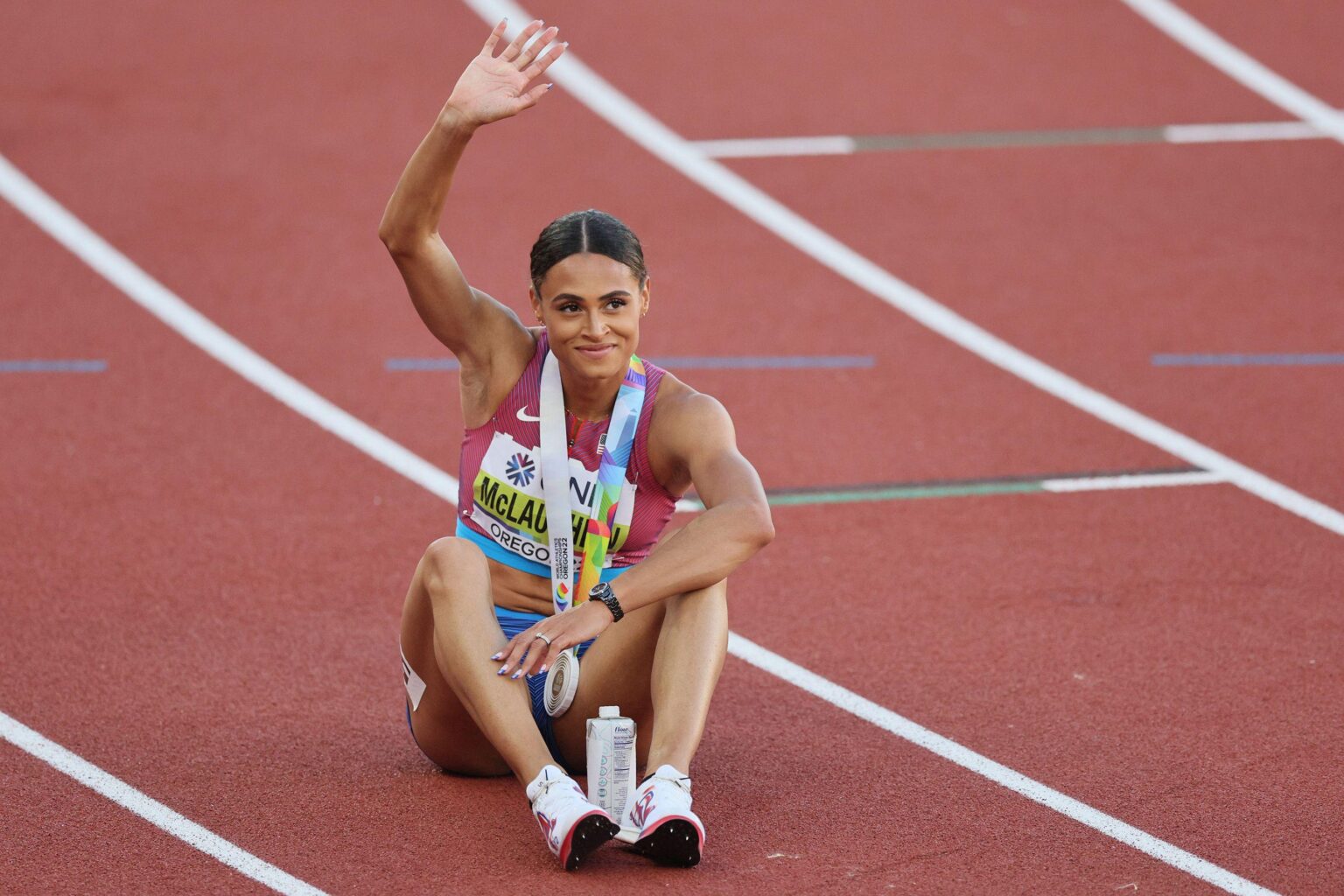In a controversial move sparking widespread debate, all female athletes competing in the upcoming World Athletics Championships will be required to undergo mandatory genetic testing. This unprecedented decision follows the heated controversy surrounding Algerian boxer Imane Khelif’s participation in the recent Olympic Games, where questions over gender and eligibility reignited discussions about fairness in women’s sports. As governing bodies seek to enforce stricter regulations, the new testing policy has ignited concerns over privacy, discrimination, and the impact on athletes worldwide.
All Female Athletes Subjected to Mandatory Gene Testing Ahead of World Athletics Championships
In an unprecedented move, all female athletes set to compete at the upcoming World Athletics Championships have been mandated to undergo genetic testing. This decision follows the controversy surrounding Imane Khelif’s participation in the recent Olympics, where questions about gender and eligibility sparked a global debate. The governing body stated that these tests aim to ensure “a level playing field” by verifying the biological markers related to testosterone levels and other genetic factors linked to competitive fairness.
Critics argue that this policy may infringe on athletes’ privacy and could lead to discrimination, particularly against women with naturally high testosterone or intersex variations. Supporters, however, insist that the integrity of women’s sports must be safeguarded. Below is a summary of the key elements involved in the gene testing protocol:
- Tests Conducted: Testosterone level analysis, chromosomal screening, and gene marker evaluation.
- Confidentiality: Results disclosed only to relevant authorities to protect athlete privacy.
- Consequences: Potential disqualification or requirement to undergo treatment to reduce hormone levels.
- Appeal Process: Athletes can challenge findings through an independent tribunal.
| Aspect | Details |
|---|---|
| Testing Deadline | 2 weeks before championships |
| Sample Type | Blood and saliva |
| Cost | Covered by World Athletics |
| Number of Athletes | Approx. 1,200 |
Controversy Surrounding Imane Khelif Sparks Heightened Scrutiny on Gender Verification Policies
World Athletics has introduced a mandatory gene testing protocol for all female participants ahead of the upcoming World Championships, a direct response to the recent dispute involving Imane Khelif at the Olympics. The policy aims to tighten regulations surrounding athlete eligibility but has ignited widespread debate over privacy, ethics, and the scientific validity of such tests. Critics argue that this move could institutionalize invasive scrutiny, disproportionately affecting women and undermining the spirit of fair competition.
The new requirements include comprehensive genetic screening designed to determine sex traits, raising concerns from advocacy groups and professionals alike. Some experts warn about the potential for misinterpretation and the social stigma athletes may face, while others call for more transparent and inclusive policy-making. The growing backlash focuses on several key problems:
- Privacy violations stemming from sensitive medical data collection
- Lack of standardized testing methods and scientific consensus
- Potential discrimination against intersex and transgender athletes
- Emotional and psychological impact on affected competitors
| Aspect | Current Concerns | Possible Solutions |
|---|---|---|
| Privacy | Intrusive data collection | Anonymous testing protocols |
| Fairness | Unclear eligibility criteria | Revised, transparent standards |
| Inclusion | Discrimination risks | Consultations with athlete groups |
Experts Call for Clearer Guidelines and Enhanced Privacy Protections in Athletic Eligibility Assessments
In the wake of controversies surrounding gender verification in sports, specialists emphasize the critical need for transparent, scientifically sound protocols that respect athletes’ dignity and privacy. The recent mandate for all female competitors to undergo genetic testing ahead of the World Athletics Championships, following the Imane Khelif incident at the Olympics, has reignited debates on fairness and human rights within competitive athletics. Experts argue that current practices often lack clear criteria and can lead to discriminatory outcomes, urging governing bodies to create standardized guidelines that are both inclusive and evidence-based.
Privacy advocates caution against the handling of sensitive genetic information, emphasizing that robust data protection measures must accompany any eligibility assessments. They recommend implementing:
- Confidential data storage with limited access
- Clear consent procedures prior to testing
- Regular audits of testing protocols and data use
- Independent oversight from ethics committees
| Issue | Recommended Solution |
|---|---|
| Lack of Transparent Criteria | Establish Clear, Science-Backed Guidelines |
| Privacy Concerns | Implement Strict Data Protection Measures |
| Potential for Discrimination | Ensure Inclusion and Fairness in Rules |
| Consent Issues | Adopt Explicit Informed Consent Protocols |
Concluding Remarks
As the World Athletics Championships approach, the introduction of mandatory gene testing for all female athletes marks a controversial new chapter in the ongoing debate over gender verification in sports. Sparked by the recent Imane Khelif Olympics row, this latest measure aims to ensure fairness but has also raised questions about privacy and athlete rights. As governing bodies navigate these complex issues, the global sporting community will be closely watching how these policies impact both competition and the broader conversation around gender and inclusivity in athletics.

